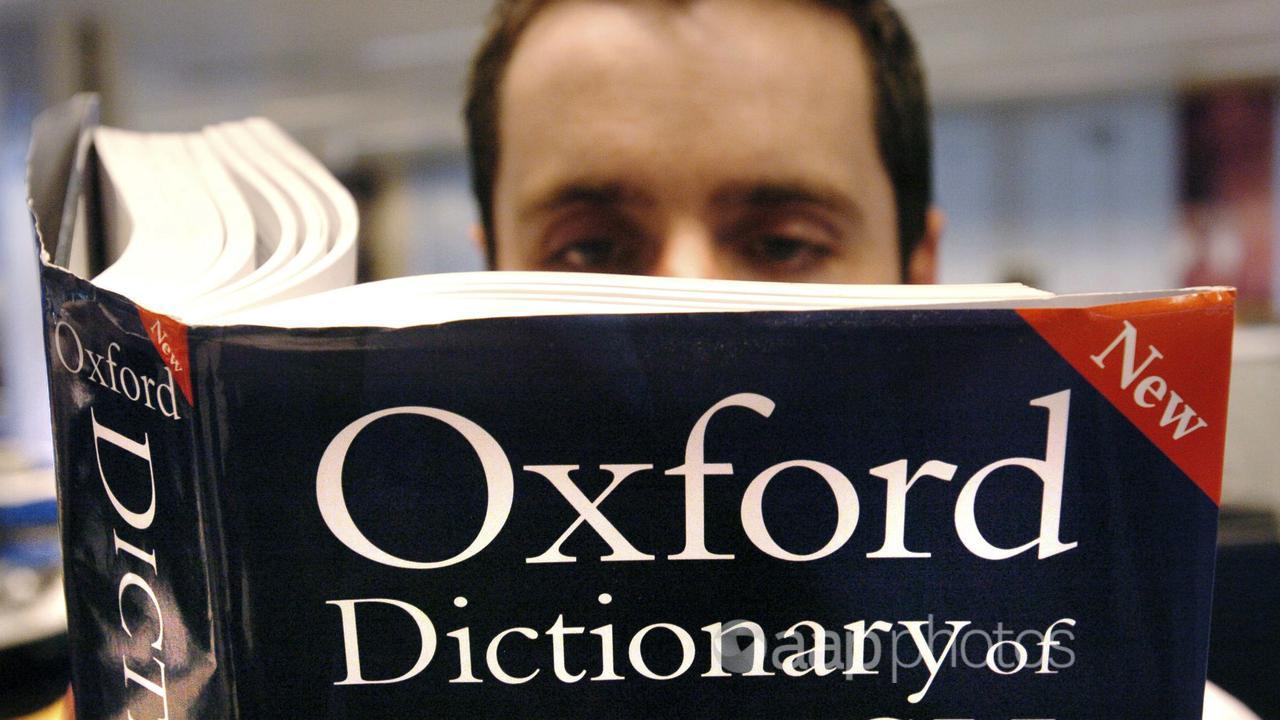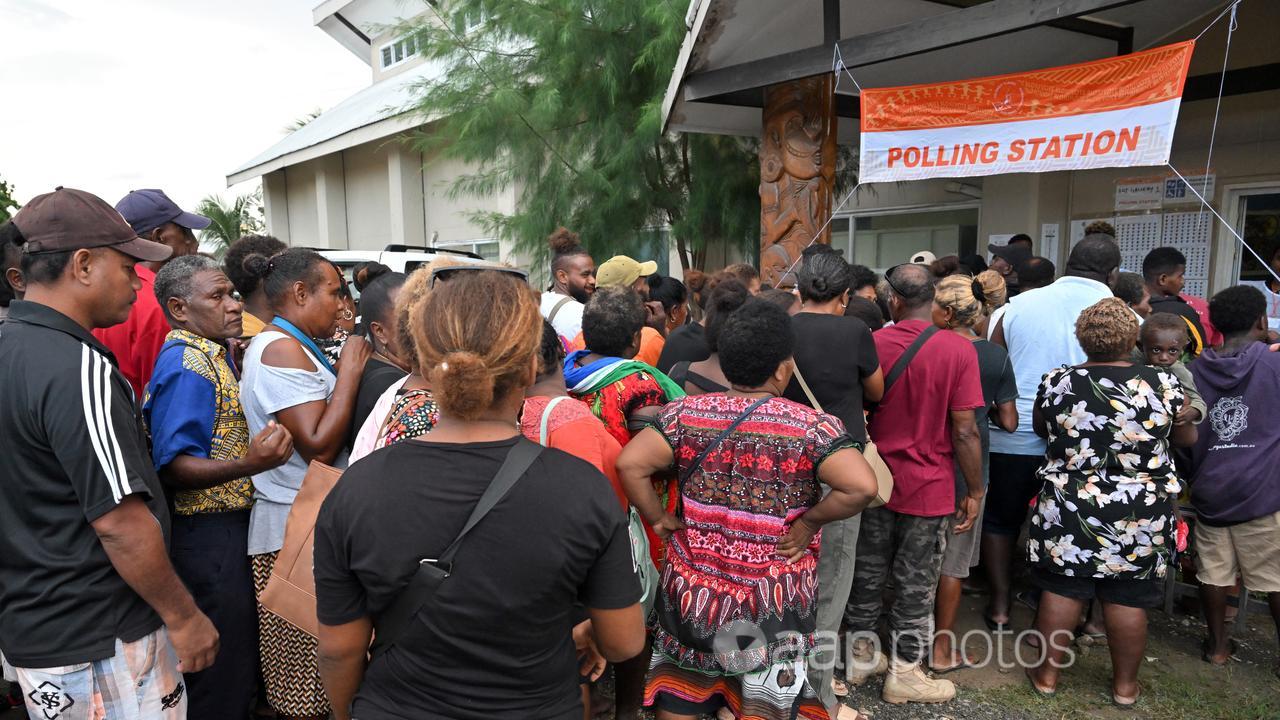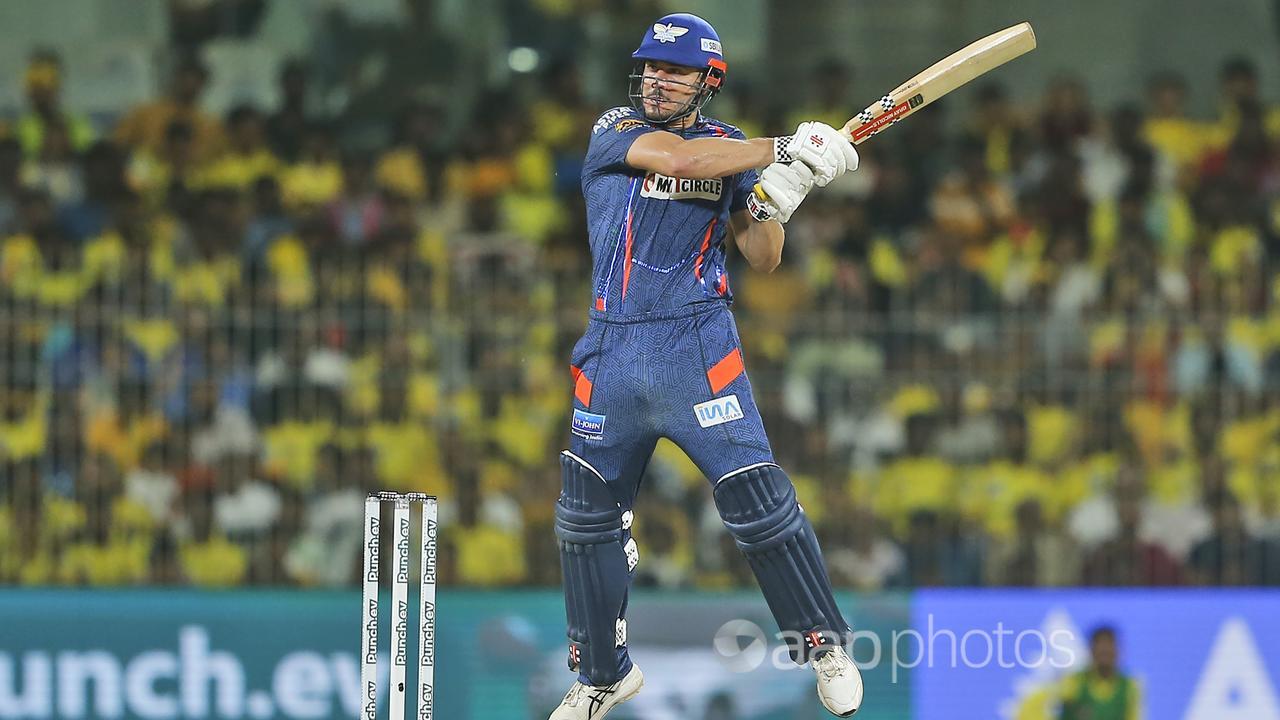More than three years into the pandemic, claims are still being made that COVID-19 vaccines are not “real”. This time, the claim unsuccessfully tries to re-write the definition of a vaccine.
A video posted to Facebook by the Know Your Rights group (archived here) features a claim that the vaccines “legally and medically don’t actually qualify as a vaccine because they don’t actually provide immunity … They don’t give you immunity and they don’t stop transmission, what do they actually do?” (audio mark 16 min 20 sec).
But this is false. There is no official legal or medical definition for vaccines, medical and legal experts told AAP FactCheck. Rather, vaccines are qualified by their ability to boost immunity — not completely eliminate risk.
“There is no requirement for any vaccine to confer full immunity or to prevent transmission,” a representative for the Peter Doherty Institute for Infection and Immunity in Melbourne told AAP FactCheck via email. “There is neither a legal nor medical basis to invalidate the term vaccine for licensed COVID vaccines.”
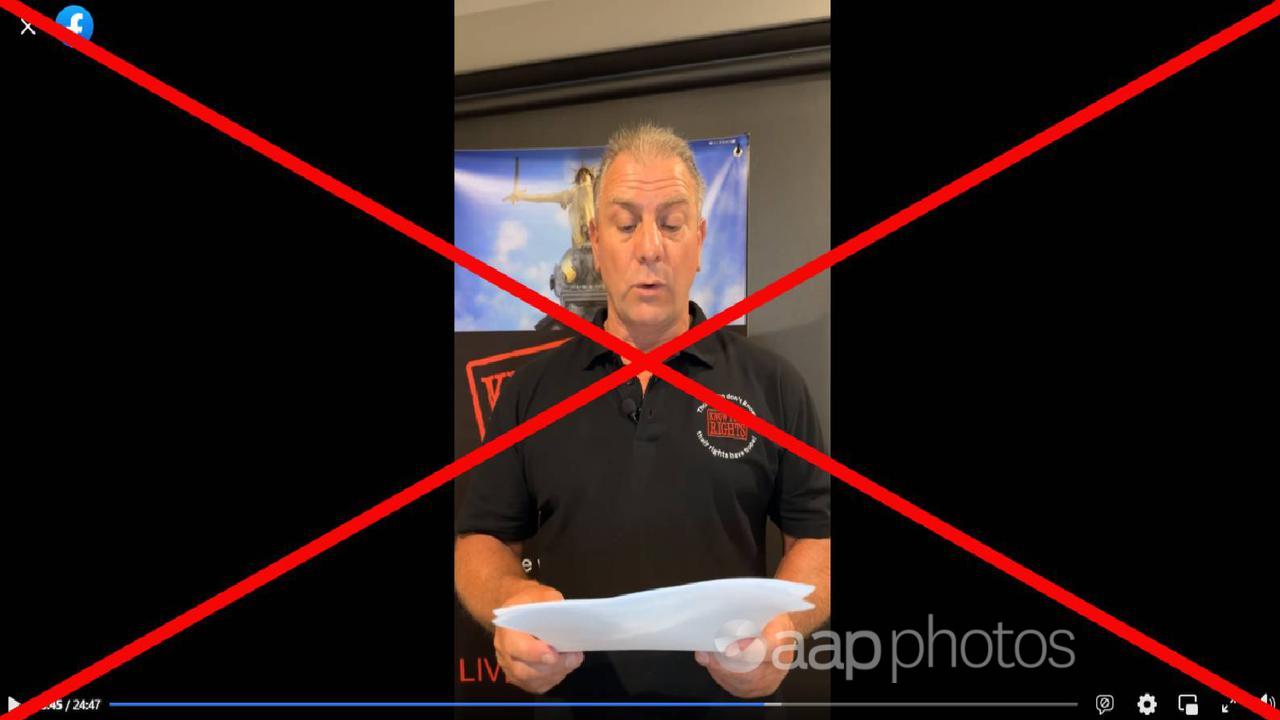
“There is no strict definition or anything that states [a vaccine] needs to be perfect in preventing transmission or providing immunity,” said Scientia Professor John Kaldor from the University of NSW, who has a long history in the field of epidemiology research.
“There is no perfect vaccine, that’s why we have vaccine effectiveness. The vaccines for different diseases can be very high, but generally not 100 per cent.”
In an email to AAP FactCheck, Fiona McDonald, an associate professor at Queensland University of Technology and co-director of the Australian Centre for Health Law Research, confirmed this is the case for a number of vaccines.
“Many vaccines do not provide full immunity (like the influenza vaccine for example) and some don’t prevent transmission (like the influenza vaccine for example),” she said.
Claims similar to that shared in the Facebook video have been doing the rounds for some time.
The earliest examples found by AAP FactCheck are from 2022, in posts by The Epoch Times, a news site associated with conspiracy theories. These posts (here and here), attributed to a serial spreader of misinformation who has been banned from YouTube over false claims, allege COVID-19 “vaccines aren’t vaccines in the medical and legal definition of a vaccine”.
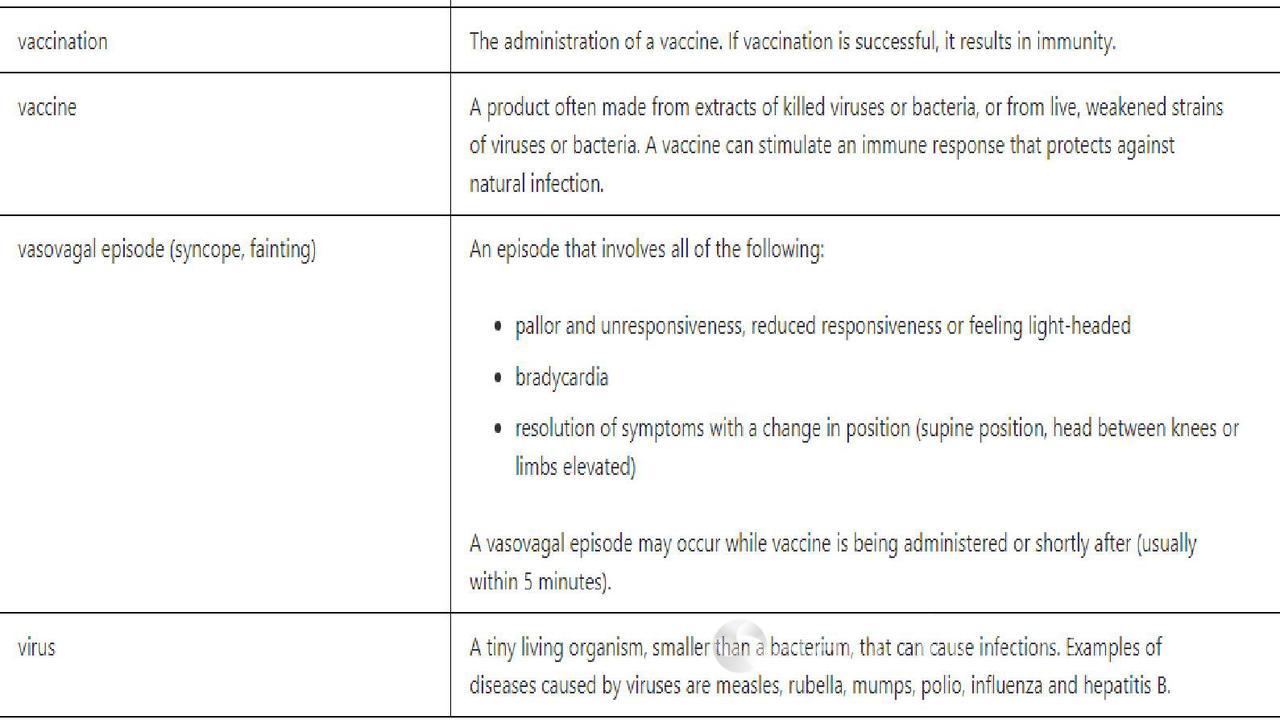
In February 2022, US-based Centers for Disease Control and Prevention (CDC) told the Associated Press it had adjusted the definition of vaccines over time to better clarify how they work.
An archived web page from 2018 defined a vaccine as “a product that stimulates a person’s immune system to produce immunity to a specific disease, protecting the person from that disease”. As of September 2021, the CDC defines a vaccine as “a preparation that is used to stimulate the body’s immune response against diseases”.
The Australian government’s Immunisation Handbook says a vaccine “can stimulate an immune response that protects against natural infection”.
Meanwhile, the Australian Therapeutic Goods Administration (TGA) website says: “After receiving a vaccine, your body’s immune system can remember the virus or bacterium and fight off an infection much more effectively than if it was encountering the virus or bacterium for the first time.”
Vaccine efficacy rates are determined through controlled clinical trials prior to their wider release and measure how much the vaccine lowers the risk of getting sick. Vaccine effectiveness, on the other hand, is a measure of how well vaccines work in the real world.
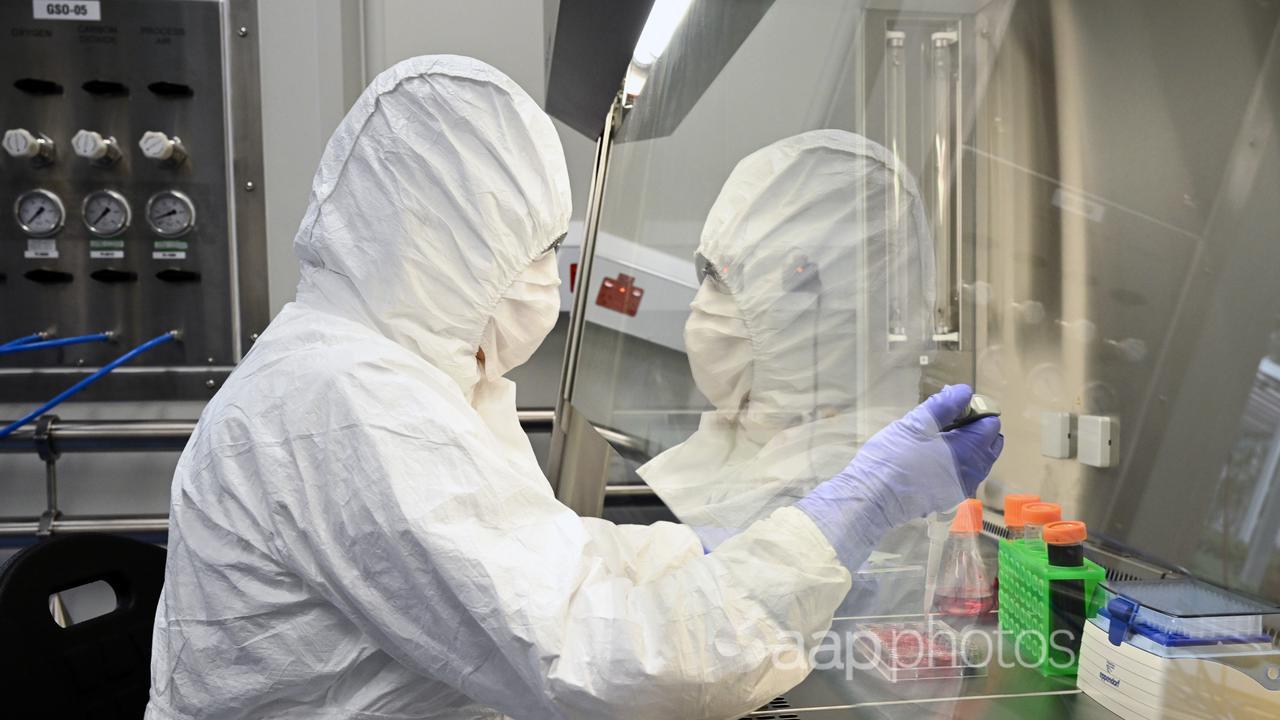
“It is exactly why we have discussions about vaccine effectiveness,” Prof Kalder said. “For many years there was the development of a HIV vaccine. It showed in trials about 30 per cent efficacy and it was considered that it might be worth having.
“Even the best are not 100 per cent, more like 95 per cent.
“All vaccines do is stimulate an immune system to respond to a threat, whether that be by preventing transmission or preventing more disease.”
When it comes to the “legal definition” of a vaccine, Dr McDonald points out the validity of COVID-19 vaccines has held up in courts.
“In a multitude of cases, courts in Australia have accepted that the COVID-19 vaccine is valid and upheld vaccine mandates. COVID-19 vaccinations were recognised as being vaccinations in the public health orders (subordinate legislation so law) that ordered them at that point in the pandemic.”
AAP FactCheck has previously debunked many other claims about COVID-19 vaccine legitimacy, including false allegations they are “transfection agents”, “gene therapy” and that you can’t vaccinate against respiratory diseases.
The Verdict
The claim that COVID-19 vaccines don’t legally or medically qualify as a vaccine because they don’t provide immunity is false.
No legal or medical definition of a vaccine requires it to provide 100 per cent efficacy. Rather, medical professionals qualify vaccines on their ability to boost immunity — not completely eliminate risk.
False – The claim is inaccurate.
* AAP FactCheck is an accredited member of the International Fact-Checking Network. To keep up with our latest fact checks, follow us on Facebook, Twitter and Instagram.
All information, text and images included on the AAP Websites is for personal use only and may not be re-written, copied, re-sold or re-distributed, framed, linked, shared onto social media or otherwise used whether for compensation of any kind or not, unless you have the prior written permission of AAP. For more information, please refer to our standard terms and conditions.

